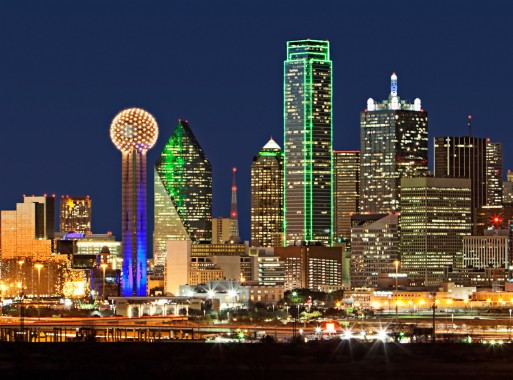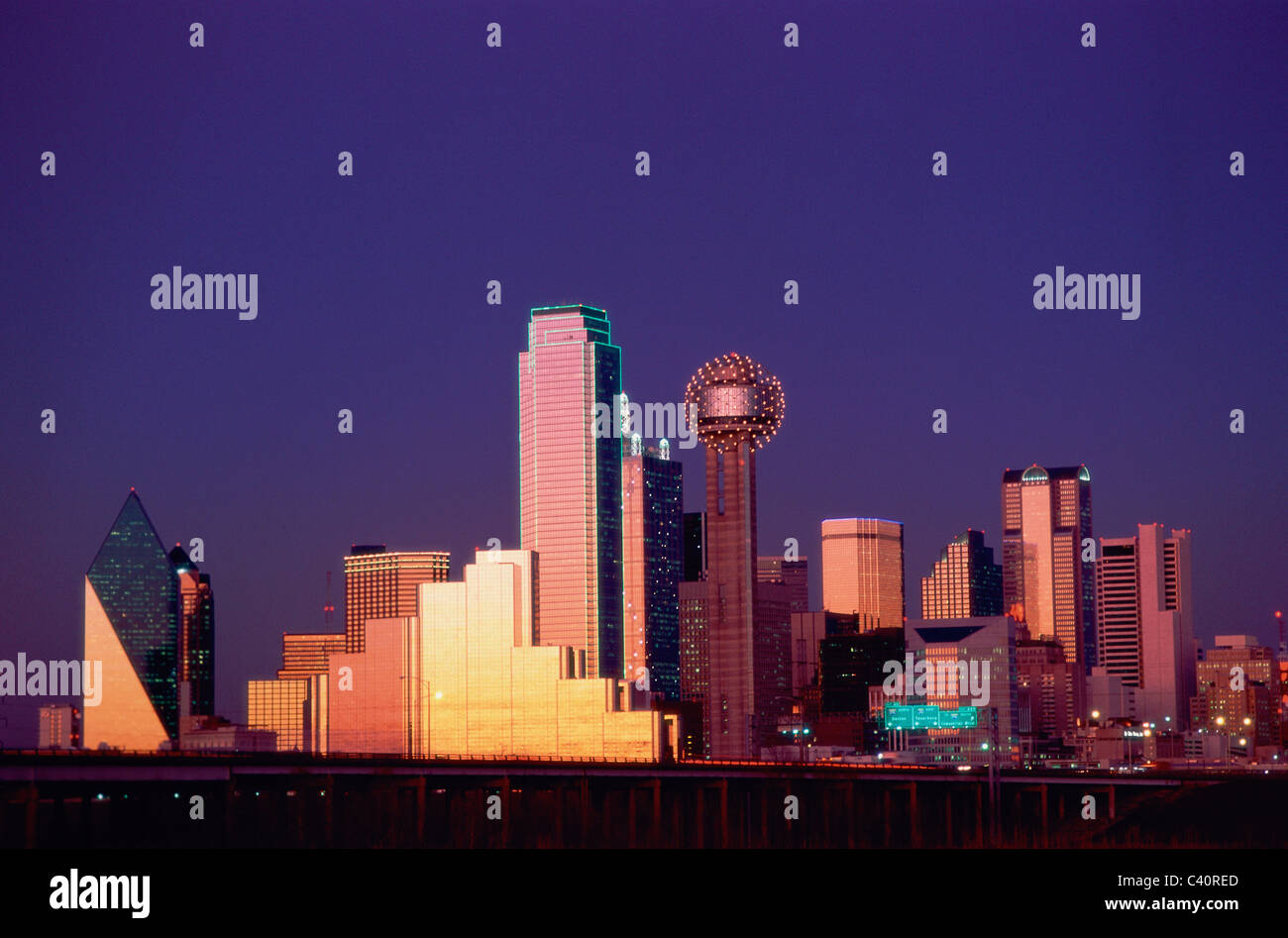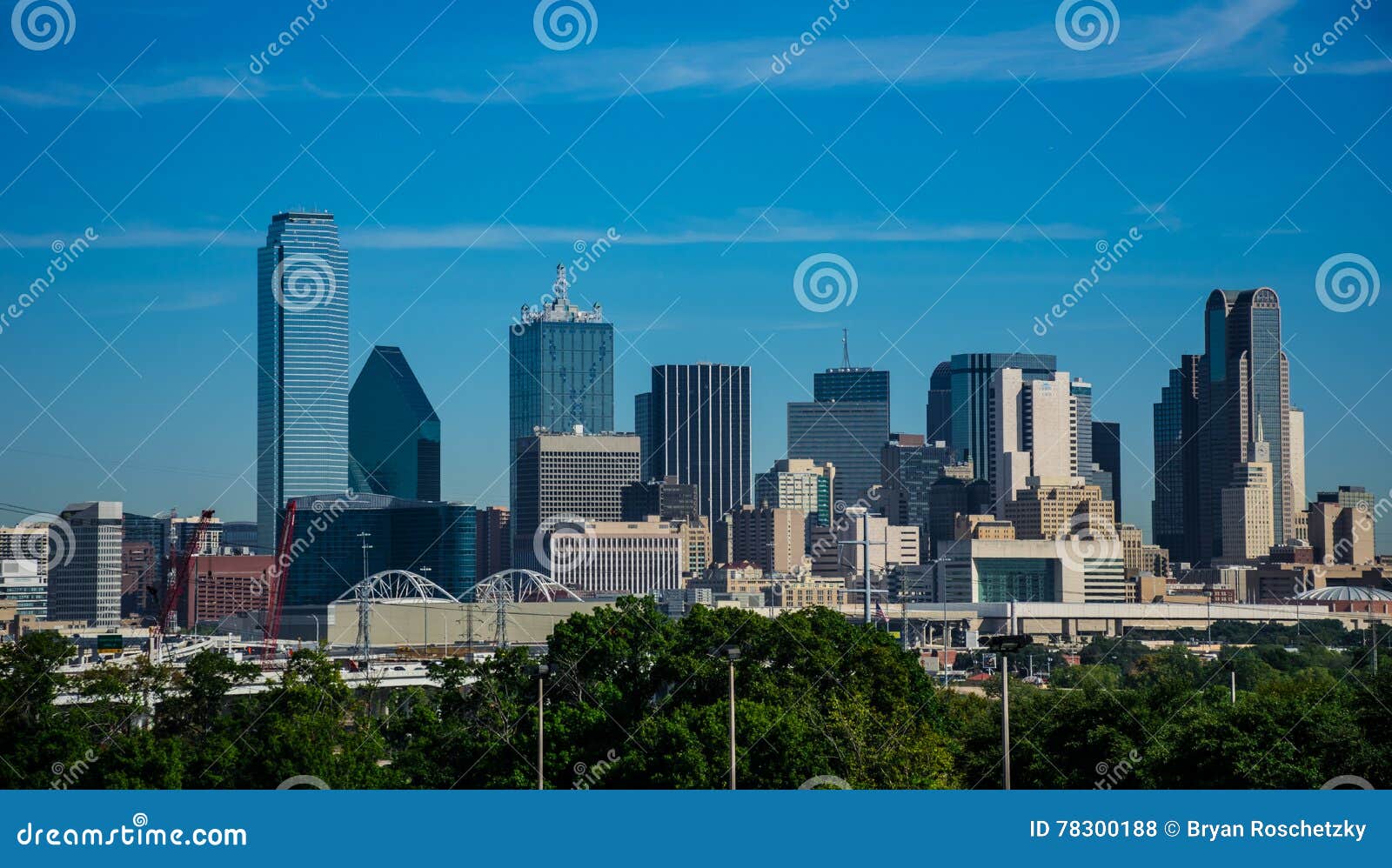Dallas: A Texan Metropolis at the Heart of the United States
Related Articles: Dallas: A Texan Metropolis at the Heart of the United States
Introduction
In this auspicious occasion, we are delighted to delve into the intriguing topic related to Dallas: A Texan Metropolis at the Heart of the United States. Let’s weave interesting information and offer fresh perspectives to the readers.
Table of Content
Dallas: A Texan Metropolis at the Heart of the United States

Dallas, a vibrant and sprawling metropolis in the heart of Texas, holds a prominent position on the United States map. Located in the north-central region of the state, Dallas is a significant economic, cultural, and logistical hub, drawing in residents and visitors alike.
Geographical Significance:
Dallas occupies a strategically important location in the United States. Situated in the southern Great Plains, it benefits from proximity to major transportation routes and a favorable climate. The city’s location within the Dallas-Fort Worth Metroplex, a sprawling urban area encompassing several major cities, further enhances its economic and cultural influence.
Economic Powerhouse:
Dallas stands as a major economic force within Texas and the nation. Its diverse economy encompasses a wide range of industries, including finance, technology, healthcare, energy, and manufacturing. The city is home to Fortune 500 companies like AT&T, ExxonMobil, and Texas Instruments, attracting talent and investment from across the globe.
Cultural Hub:
Dallas boasts a rich cultural landscape, showcasing a diverse array of arts, entertainment, and dining experiences. The city’s vibrant arts scene is anchored by world-renowned institutions like the Dallas Museum of Art, the Dallas Symphony Orchestra, and the Dallas Theater Center. The city’s diverse culinary scene offers a range of flavors, from traditional Texan cuisine to international fare.
Transportation and Infrastructure:
Dallas benefits from a robust transportation infrastructure, facilitating both domestic and international connectivity. The city is served by Dallas/Fort Worth International Airport (DFW), one of the busiest airports in the world, and Dallas Love Field Airport (DAL), providing convenient access to major destinations. Dallas also boasts a comprehensive network of highways, railways, and public transportation systems, ensuring efficient movement of people and goods.
Education and Research:
Dallas is home to several prestigious educational institutions, contributing to the city’s intellectual and technological advancement. The University of Texas at Dallas, Southern Methodist University, and Dallas College offer a wide range of academic programs, attracting students from across the nation and internationally. The city also boasts several research centers and laboratories, fostering innovation and scientific progress.
Tourism and Recreation:
Dallas offers a variety of attractions for tourists and residents alike. From the iconic Sixth Floor Museum at Dealey Plaza, commemorating the life and legacy of President John F. Kennedy, to the lively entertainment district of Deep Ellum, the city provides a unique blend of history, culture, and recreation. The Dallas Arboretum and Botanical Garden offers a serene escape amidst lush greenery, while the Dallas Zoo provides a captivating encounter with diverse animal species.
Challenges and Opportunities:
Despite its many strengths, Dallas faces several challenges, including issues related to poverty, inequality, and crime. The city is actively working to address these issues through initiatives aimed at improving social services, fostering economic opportunity, and enhancing public safety.
FAQs:
Q: What is the population of Dallas?
A: The population of Dallas, as of 2023, is estimated to be around 1.3 million.
Q: What is the climate like in Dallas?
A: Dallas experiences a humid subtropical climate with hot summers and mild winters.
Q: What is the cost of living in Dallas?
A: The cost of living in Dallas is generally considered to be lower than in major coastal cities, but higher than in smaller Texas cities.
Q: What are some of the major industries in Dallas?
A: Dallas’s major industries include finance, technology, healthcare, energy, and manufacturing.
Q: What are some of the popular tourist attractions in Dallas?
A: Popular tourist attractions in Dallas include the Sixth Floor Museum at Dealey Plaza, the Dallas Museum of Art, the Dallas Arboretum and Botanical Garden, and the Dallas Zoo.
Tips:
Tip 1: When visiting Dallas, consider staying in the Uptown or Downtown areas for easy access to attractions, dining, and nightlife.
Tip 2: Explore the city’s diverse culinary scene by trying local favorites like Texas barbecue, Tex-Mex, and Southern comfort food.
Tip 3: Take advantage of the city’s robust public transportation system to navigate between different neighborhoods and attractions.
Tip 4: Plan your visit during the spring or fall for pleasant weather and outdoor activities.
Conclusion:
Dallas, with its strategic location, vibrant economy, rich culture, and diverse attractions, stands as a significant city on the United States map. Its ongoing growth and development promise continued economic prosperity, cultural innovation, and opportunities for residents and visitors alike. As Dallas continues to evolve, its importance and influence on the nation’s landscape will undoubtedly continue to grow.








Closure
Thus, we hope this article has provided valuable insights into Dallas: A Texan Metropolis at the Heart of the United States. We appreciate your attention to our article. See you in our next article!